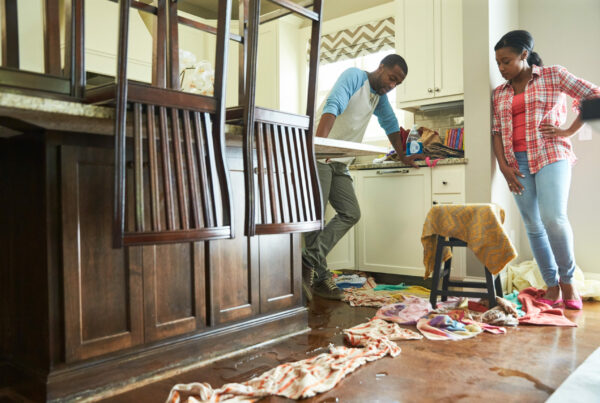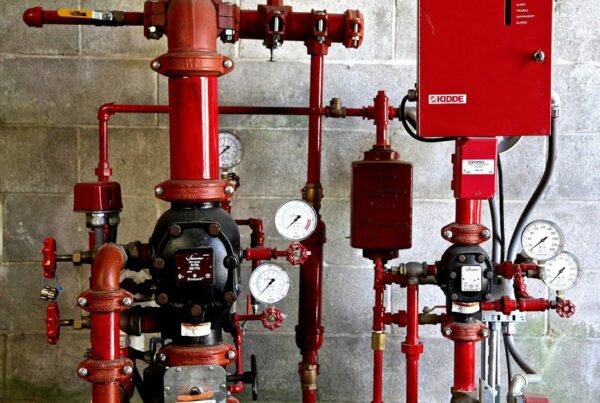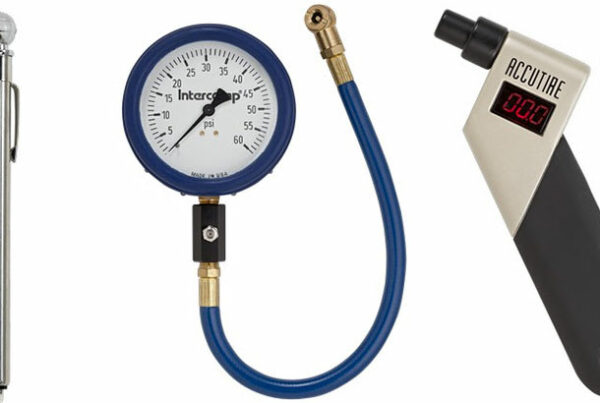With Hurricane Florence approaching Watkins Insurance Agency, Inc and its Divisions are prepared to assist you with the prompt and thorough claims service you’ve come to rely on. Our Website, Facebook page, Local Offices and voicemails will be posting our 24/7 Claims Call Centers and Websites for all of our carriers that insure you.
It is advisable to have your insurance policies for all of your homes, cars, boats, RV’s, ATVs and motorcycles that may be in the path of the storm and understand the coverage provided in your insurance policy. Please take whatever non-life threatening measures to shelter your property from the storm. Since there is a possibility of catastrophic loss, it is always better for you to report the loss directly to your insurance carrier. Make sure you have your policies handy for you to report the claim effectively. You will need the policy number, named inured, location of the loss and type of loss. Be ready to take down the claim number, name and contact of an adjuster if provided at that time.
First and foremost, take whatever precautions are necessary to protect yourself and your family. While property preparations are important, they’re not worth risking life or health. Once the storm reaches your area, stay inside, away from windows and possible flying debris. Once the stormed has passed and you are no longer in danger of causing physical harm to yourself, take whatever measures possible to prevent further damage until you can get an adjuster on the scene.
Here are some simple things you can do to prepare your home or business:
• Know where your emergency shutoff valves are located. In the event of damage, you may need to cut off electricity, water or gas.
• Clean out your gutters. Remove leaves and other debris, first by hand, to get rid of the large particles and then with a scraping tool and water hose. This helps to prevent overflows that could cause interior damage.
• Make sure downspouts and window drains properly guide the water away from the structure. Direct downspouts at least 6 feet from the foundation. Clear any obstructions.
• Clear your yard of potential flying debris. Store lawn furniture, potted plants, bicycles, trash cans or other loose items.
• Protect your windows and glass doors. If you have functional shutters, secure them.
• Move business and construction vehicles to higher ground. Keeping vehicles and other movable property out of harm’s way can shorten the downtime faced by your organization and get you back in business sooner after the storm has passed
• Test your generator or battery backup. Be prepared for an extended power outage, especially if you have electrically powered medical equipment. Store extra fuel safely and only in approved containers. Don’t operate portable gas generators indoors or in enclosed spaces where it could lead to carbon monoxide poisoning.
• Charge your cell phone and any extra batteries. Adjust settings to eliminate non-essential apps and preserve battery life. Store emergency phone numbers in your contacts, including family members, your doctor, your insurance agent and your insurance company’s claims phone number. Keep a paper copy in case you lose power.
• Stock up on flashlights, spare batteries, food and water. Keep your emergency kit supplied with provisions for each family member. Have enough food, water, and basic supplies to last at least 72 hours Don’t forget your pets. Keep extra diapers on hand for little ones.
• Check your first aid kit. Keep it stocked with the basics to treat minor scrapes or injuries; in the case of a disaster, emergency medical services may be limited to life-threatening cases. Keep several days’ supply of prescription medications on hand.
• Store a copy of important documents like birth certificates, marriage records, property deeds, bank accounts, etc. It’s best to keep a copy offsite, in a safe deposit box or digitally in a location you can access from anywhere
• Keep a home inventory. If a storm is imminent, it may be too late to thoroughly document your belongings, but even taking cellphone photos of each room can help if you need to file an insurance claim later.
• Park your car indoors or on high ground away from potential sources of damage (falling debris, projectiles, etc.). Be sure to have a tarp and waterproof tape handy to seal your windows and doors, as well.
• Keep your car fueled up. Gas pumps won’t work if there’s a power outage
• Make sure your tires and wipers are in good shape
Know how to protect your boat if a hurricane or other severe weather event is approaching. We developed these tips with help from the U.S. Coast Guard and Federal Emergency Management Administration. Ultimately, the best way to protect your vessel is to remove it from the water, and all other measures are supplemental in the event this can’t be done.
Whether your boat is docked, anchored, or in dry storage:
• Have a storm strategy and implement it well before the hurricane hits.
• Remove non-secure items, electronics and excess gear.
• Remove important documents and valuables.
• Make sure openings are watertight, and remove or stow non-essential canvas.
• Ensure that all self-bailing thru hull fittings are clear of debris.
• Check that batteries are fully charged and that automatic bilge pump switches are operational.
If your boat is docked:
• Double-up on chafe protection.
• Double all lines, attaching them high on pilings to allow for a storm surge. The longer the dock lines, the better a boat will move with high and rough tides.
If your boat is anchored:
• Do not tie it parallel to the shore.
• Leave plenty of room between your boat and other boats.
• Be sure to use enough line to allow for a storm surge.
• Clear all self-baling cockpit drains.
• Consider using several anchors.
If your boat is in dry storage:
• Place it in an area higher than the expected storm surge.
• Lash it to its cradle with heavy lines and consider adding water to the bilge to help hold it down. Never leave your boat on davits or on a hydro-lift.
• If your boat is on a trailer, take some air out of the tires and secure the wheels with blocks between the frame and the axles.
• Make sure all drains are free from debris and drain plugs are removed.





